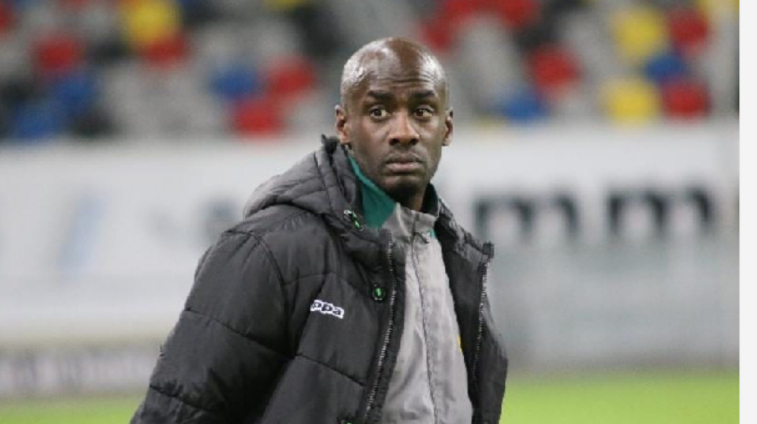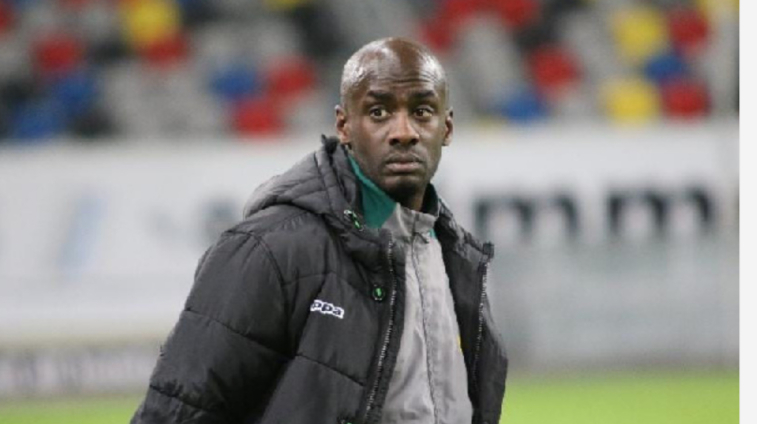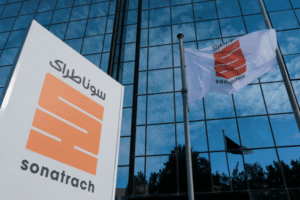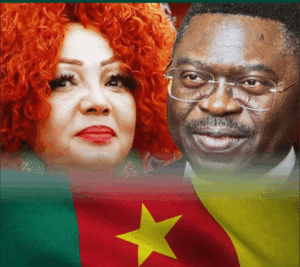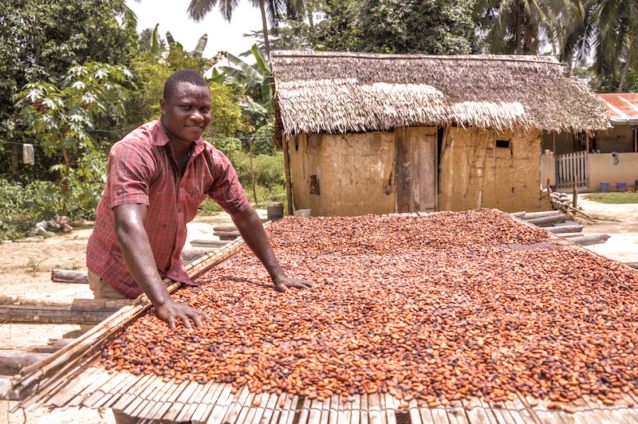Black Stars Head Coach Otto Addo remains optimistic about his team’s qualification for the 2026 FIFA World Cup despite the recent setback.
The Black Stars of Ghana shockingly dropped points against Chad in their last encounter, but still maintain the lead in Group I with 16 points, while Comoros are second with 15 points.
Madagascar are third on the table with 13 points; Mali are fourth with 12 points. The Central African Republic have five points, while Chad are bottom with a point.
According to Otto Addo, the team had learnt from its mistakes from the last game against Chad, and hopefully they can make amends against Mali.
“The entire team felt very disappointed after the draw against Chad because there were high expectations for us to win. We have analysed the game very well and hope we have learnt from this. Surely it is easy to play at home with our spectators supporting us and players giving their maximum best.
“I expect something different from the players this time around, and I hope we learnt from our mistake against Chad. The good thing is we still have it in our own hands and we have to keep the pace high. It will be very difficult against Mali who are in good shape,” Otto Addo said.
When asked about his future with the Black Stars if the match against Mali does not go well, Otto Addo stated that his statistics with the Black Stars were not the issue, but that they would win the game tomorrow to put concerns about his future to rest.
Ahead of today’s encounter, the Black Stars would be without the services of Sulemana Ibrahim and Elisha Owusu due to injury and suspension, respectively.
The kick off time for the Black Stars encounter against Mali on Monday is 19:00 GMT.
